Russian president addresses Serbian parliament
Russian President Dmitry Medvedev on Tuesday addressed a special session of the Serbian parliament.
Tuesday, 20.10.2009.
21:09

Russian President Dmitry Medvedev on Tuesday addressed a special session of the Serbian parliament. This is the first time that a foreign statesman has addressed Serbian MPs, and the first time for Medvedev to speak in a foreign parliament. Russian president addresses Serbian parliament Medvedev started his speech by congratulating those present on today's anniversary of the 1944 liberation of Belgrade from Nazi German occupation – fought together by Partisans and Russia's Red Army – by saying it was a day "jointly written in history". "Serbia respects all those who gave their lives for freedom. You fought against fascism bravely. Such resistance to the Nazis was not seen everywhere. The Third Reich at the time did not meet resistance in a number of European states. What resistance can there be, when a number of countries in Europe not only supported, but fought on the side of the Hitler regime," said the Russian leader. "Other countries decided to collaborate and help Germany. It must be said openly that the responsibility of those political regimes is also evident. If there were no support, the history would have been different . This must be remembered, especially by those who would like to change the history according to their benefit and interest." "They need the thesis about the equal responsibility of Hitler and the USSR for the start of the war. No one can idealize Stalin's regime, but the USSR did not start that war, and that is known to the people of good will," Medvedev continued. "Revisionism of historical facts is always unpleasant, especially when it is about facts that relate to huge disasters. In our country, we believe that this revisionism is the result of the war and Nuremberg," said the Russian president. "We have always insisted and we are doing it today, here in Serbia on the 65th anniversary of the liberation. Lessons from the past must be learned in order to avoid repeating the mistakes, in order not to invent made up reasons why we would do something new and destructive, but rather to confront the huge threats that the whole continent of Europe is facing," Medvedev told Serbian MPs. "For this reason, the task ahead of us is to create a new European system of security that does not stand against it, but will be independent of the economy. We offer new obligations based on international principles that we all share among ourselves. One cannot deal with security issues at the expense of others. That is the lesson of the Second World War and the sad events in the 1990's." "I have in mind both the Balkan crisis, and Georgia's aggression in the Caucasus. All that points toward an inefficient system of security that is in place now. The need to sign a contract on the European security is an obligation of all countries," he stated. Medvedev also addressed the issue of Serbia's EU ambition, to say that this would not have negative effects on the country's relations with Russia. The president said that Serbia's EU membership can only contribute to its traditionally good relations with Russia. The fostering of good relations with Russia by new EU members is important, he said. EU membership does not undermine the relations with Russia but contributes to the fostering of better relations, he added. Tanjug reports that the Russian president also told MPs that Russia supports Serbia on the Kosovo issue, and that further improvement in relations between Serbia and Russia would benefit not only Belgrade and Moscow, but the Balkans and the entire Europe as well. "Our direction is further improvement in our relations. This will benefit not only Russia and Serbia, not just the Balkans, but the whole of Europe as well. That is the chief international result of my official visit to Serbia," Medvedev pointed out. He underscored that the basis for Russian-Serbian cooperation "can and should be economic cooperation". "Serbia and Russia reached agreements on strategic issues last year, which concern joint oil and natural gas projects. Those are fundamental agreements," he stressed, expressing his wish that Serbia would "become a big regional player in energy industry, who participated in the transport and distribution of Russian natural gas". Speaking about Kosovo, Medvedev said he thought it intolerable to use a lack of progress in negotiations, "in the way it was done with the Kosovo precedent" as a cause for unilateral action. "The basis for the solution to the Kosovo problem should be international law and a UN Security Council resolution, in particular the Resolution 1244," Medvedev said, adding that Russia was still "prepared to provide the necessary assistance to Serbia in defending its legal rights." He stated that Russia was "categorically opposed to drawing any wrong parallels between the events in the Balkans and in the Caucasus." Stressing that Russia was ready to harmonize its relations with the U.S. and other western partners, including a peaceful and constructive cooperation with NATO, Medvedev said that a strategic partnership between Russia and the EU should be the cornerstone of a new Europe. Medvedev in the Serbian parliament today (Tanjug)
Russian president addresses Serbian parliament
Medvedev started his speech by congratulating those present on today's anniversary of the 1944 liberation of Belgrade from Nazi German occupation – fought together by Partisans and Russia's Red Army – by saying it was a day "jointly written in history"."Serbia respects all those who gave their lives for freedom. You fought against fascism bravely. Such resistance to the Nazis was not seen everywhere. The Third Reich at the time did not meet resistance in a number of European states. What resistance can there be, when a number of countries in Europe not only supported, but fought on the side of the Hitler regime," said the Russian leader.
"Other countries decided to collaborate and help Germany. It must be said openly that the responsibility of those political regimes is also evident. If there were no support, the history would have been different . This must be remembered, especially by those who would like to change the history according to their benefit and interest."
"They need the thesis about the equal responsibility of Hitler and the USSR for the start of the war. No one can idealize Stalin's regime, but the USSR did not start that war, and that is known to the people of good will," Medvedev continued.
"Revisionism of historical facts is always unpleasant, especially when it is about facts that relate to huge disasters. In our country, we believe that this revisionism is the result of the war and Nuremberg," said the Russian president.
"We have always insisted and we are doing it today, here in Serbia on the 65th anniversary of the liberation. Lessons from the past must be learned in order to avoid repeating the mistakes, in order not to invent made up reasons why we would do something new and destructive, but rather to confront the huge threats that the whole continent of Europe is facing," Medvedev told Serbian MPs.
"For this reason, the task ahead of us is to create a new European system of security that does not stand against it, but will be independent of the economy. We offer new obligations based on international principles that we all share among ourselves. One cannot deal with security issues at the expense of others. That is the lesson of the Second World War and the sad events in the 1990's."
"I have in mind both the Balkan crisis, and Georgia's aggression in the Caucasus. All that points toward an inefficient system of security that is in place now. The need to sign a contract on the European security is an obligation of all countries," he stated.
Medvedev also addressed the issue of Serbia's EU ambition, to say that this would not have negative effects on the country's relations with Russia.
The president said that Serbia's EU membership can only contribute to its traditionally good relations with Russia.
The fostering of good relations with Russia by new EU members is important, he said.
EU membership does not undermine the relations with Russia but contributes to the fostering of better relations, he added.
Tanjug reports that the Russian president also told MPs that Russia supports Serbia on the Kosovo issue, and that further improvement in relations between Serbia and Russia would benefit not only Belgrade and Moscow, but the Balkans and the entire Europe as well.
"Our direction is further improvement in our relations. This will benefit not only Russia and Serbia, not just the Balkans, but the whole of Europe as well. That is the chief international result of my official visit to Serbia," Medvedev pointed out.
He underscored that the basis for Russian-Serbian cooperation "can and should be economic cooperation".
"Serbia and Russia reached agreements on strategic issues last year, which concern joint oil and natural gas projects. Those are fundamental agreements," he stressed, expressing his wish that Serbia would "become a big regional player in energy industry, who participated in the transport and distribution of Russian natural gas".
Speaking about Kosovo, Medvedev said he thought it intolerable to use a lack of progress in negotiations, "in the way it was done with the Kosovo precedent" as a cause for unilateral action.
"The basis for the solution to the Kosovo problem should be international law and a UN Security Council resolution, in particular the Resolution 1244," Medvedev said, adding that Russia was still "prepared to provide the necessary assistance to Serbia in defending its legal rights."
He stated that Russia was "categorically opposed to drawing any wrong parallels between the events in the Balkans and in the Caucasus."
Stressing that Russia was ready to harmonize its relations with the U.S. and other western partners, including a peaceful and constructive cooperation with NATO, Medvedev said that a strategic partnership between Russia and the EU should be the cornerstone of a new Europe.



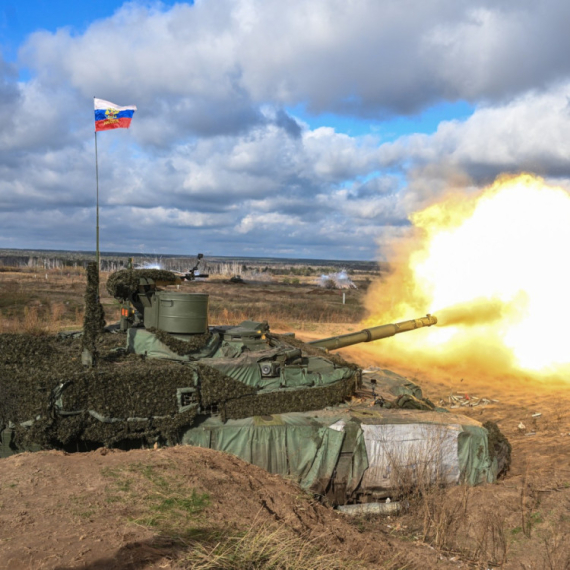
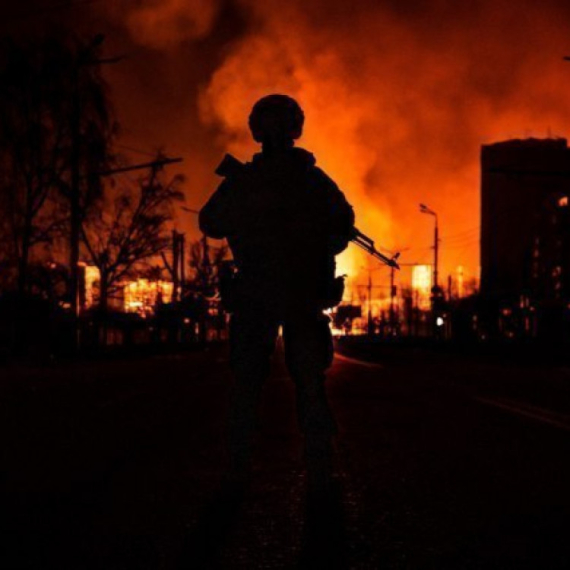
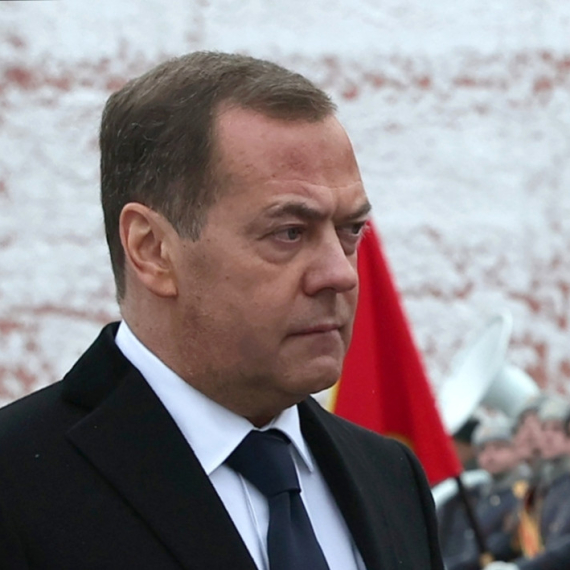
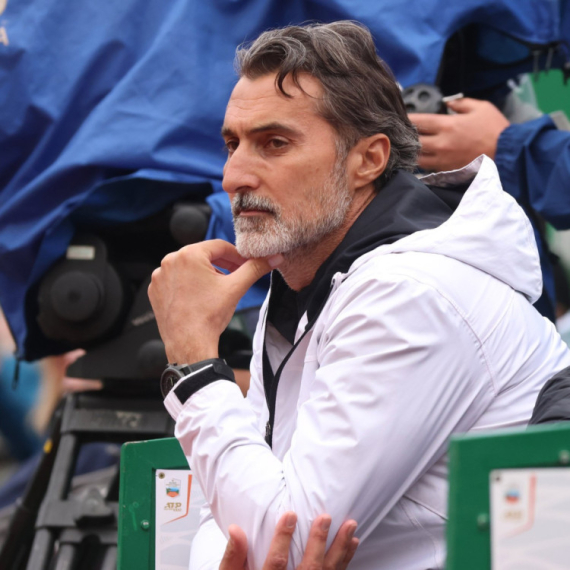





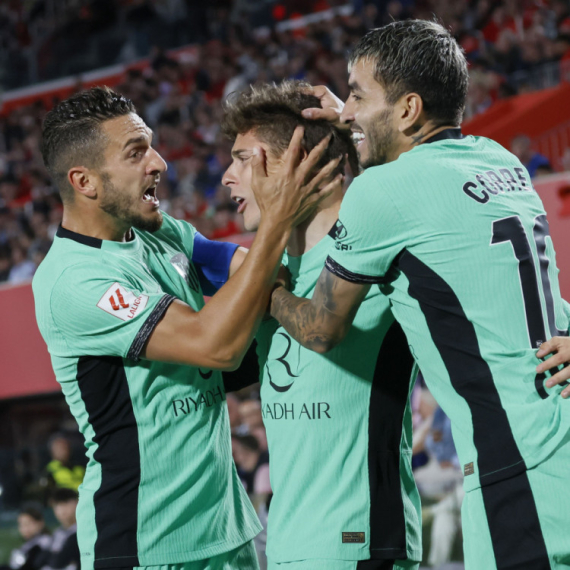
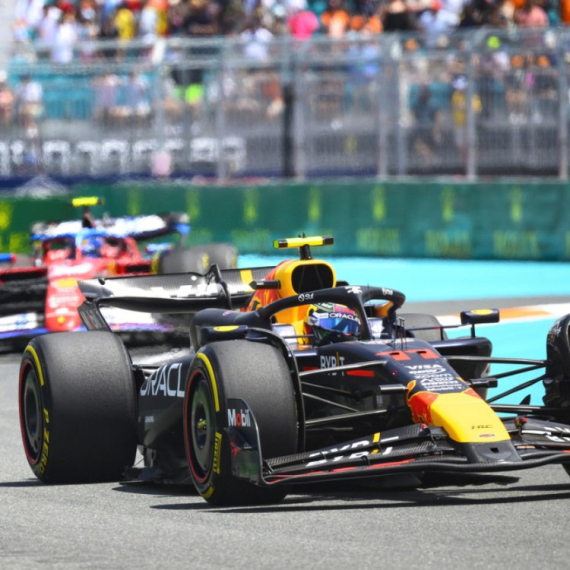

Komentari 4
Pogledaj komentare